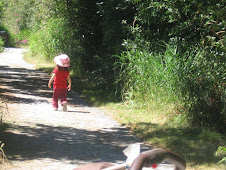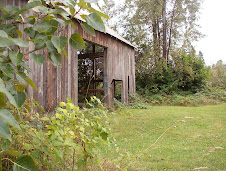Seniors have worked their whole lives and should be enjoying the last few years they have available to them. How can we help seniors to make those years enjoyable?
The majority of seniors would prefer to stay in their own homes as they age. In the past this has often not been possible as they require more help and in some cases lose confidence in their ability to be able to look after themselves.
In recent years however there has been an initiative begun to help seniors to be able to do just that. In the United States it is called Aging in Place and in Canada it is called Aging at Home. As of 2010, in the United State there were fifty operational communities and 149 in the developmental stage with more being developed in other areas.
This program provides seniors with the ability to live in their own home and community safely, independently and comfortably regardless of their age, income or ability level. The program is to get away from institutionalized living for seniors by using telecare which includes health and wellness monitoring and home safety and security monitoring. Each person will have a choice in their care and living arrangements.
The program depends on volunteers, some trained professionals and some help from family members. Volunteers assist with health care, home repairs, provide transportation, do shopping, household chores, gardening and some light maintenance. They organize and encourage involvement in social activities such as pot luck dinners, book clubs and educational programs.
The greatest threat to seniors living on their own is falling and causing themselves serious injuries. Causes are usually lack of safety bars in showers and bathrooms, inadequate railings on stairs, loose rugs, obstructed pathways and insufficient lighting. Low cost modifications to homes can help to eliminate the potential for falls. This can be done by installing hand-held shower heads, ramps at entrance and exit stairs and non-skid flooring. For those with more severe functional limitations, and depending on the set-up of their home, extra modifications can be installed.
In some communities in the United States they are taking it a step further by developing Smart Homes that will allow seniors to live on their own but will be set up with functional monitoring for emergency detection and response and social interaction monitoring.
With this type of initiative towards seniors being able to remain independent helps to discourage depression. By allowing seniors to be able to remain in their own modified homes, it reduces many of the challenges they have previously faced. Their homes are now safe environments, people are available for assistance, they do not feel institutionalized, they don't feel like they are being a burden to anyone and so feel they are living a more normal life. And loneliness isn't the same issue because they are encouraged and assisted to be part of the comunity. Volunteers are available for doctors and other appointments.
With luck, more communities will become involved in this relatively new initiative program which not only encourages seniors to stay in their own homes but assists them to do so as well which allows the elderly to live healthier and happier lives.
Thursday, April 19, 2012
Subscribe to:
Post Comments (Atom)





















































































I have done all that I can to help my mother age in place. She is much happier in her own home than she will ever be in a home. We have done all the changes to the house that we can think of to make it safe, but the one problem is loneliness. She has a cat and a dog, which really help, and we call her every day. A skype call is great but I also got her a cellphone that she can use. Most cellphones are just no good for seniors as the keys are too small and they are too complicated. We got her a Tracfone SVC which is simple and has big keys and text so that she can use the phone. THe daily person contact is not only good for her but it is also a safety precaution.
ReplyDelete